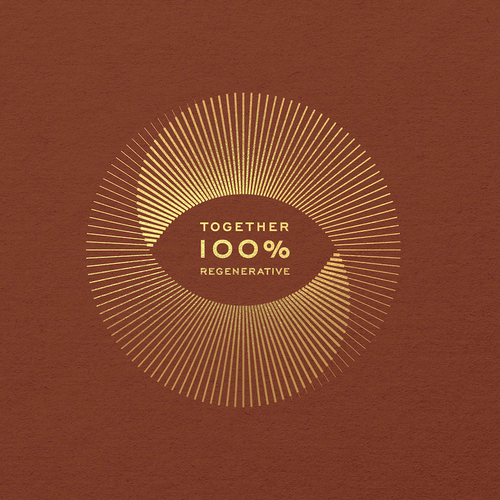
Businchari
A New Beginning for an Ancient Cacao
Forced into the highlands for centuries by conquistadors, settlers and the coca wars, the Arhuaco have recently returned to their ancestral lands and sacred sites at the Caribbean shores of La Lengüete. These are the shores where the endangered green turtle lays its eggs. Cocooned by the pristine rainforest, the Arhuacos’ ancient and rare cacao, the Businchari, has survived the passing of times on their ancestral land. Hidden in the shade of the forest for centuries, the Businchari has preserved his warm depths and gentle flavours of sweet spices, lemongrass, liquorice and sesame. The tribe has recently begun to cultivate and harvest the Bunsinchari with pride, regarding it as a gift of their ancestors. Businchari means sunrise and new beginning – and that’s how the Arhuaco views the revival of their cacao culture and heritage.
On this lush piece of homeland, where the slopes of the mountains rise from the alluring coastline, the Arhuaco intends to stay and flourish. The Arhuaco have lately planted young cacao seedlings on the land, propagated from their favoured and most vigorous of the old cacao trees. Our local partner, Cacao de Colombia, has put a tremendous effort into identifying and propagating the most flavourful and high-yielding of the native cacaos, while making sure that they are tolerant to pests and diseases. They have been planted in cacao demonstration fields that function as fine cacao libraries, while showing the Arhuaco how to grow cacao sustainably under shade. On the same land where coca and marijuana fueled the violence of the drug war not long ago, cacao is now the symbol of peace for the Arhuaco and their neighbours. In 2007, the Arhuaco build their first village at the coast, Katansama, a village of neat and healthy traditional houses, where the Arhuaco can respect their ancestral customs and protect the land in accordance with their beliefs.

What´s happening
More Stories







